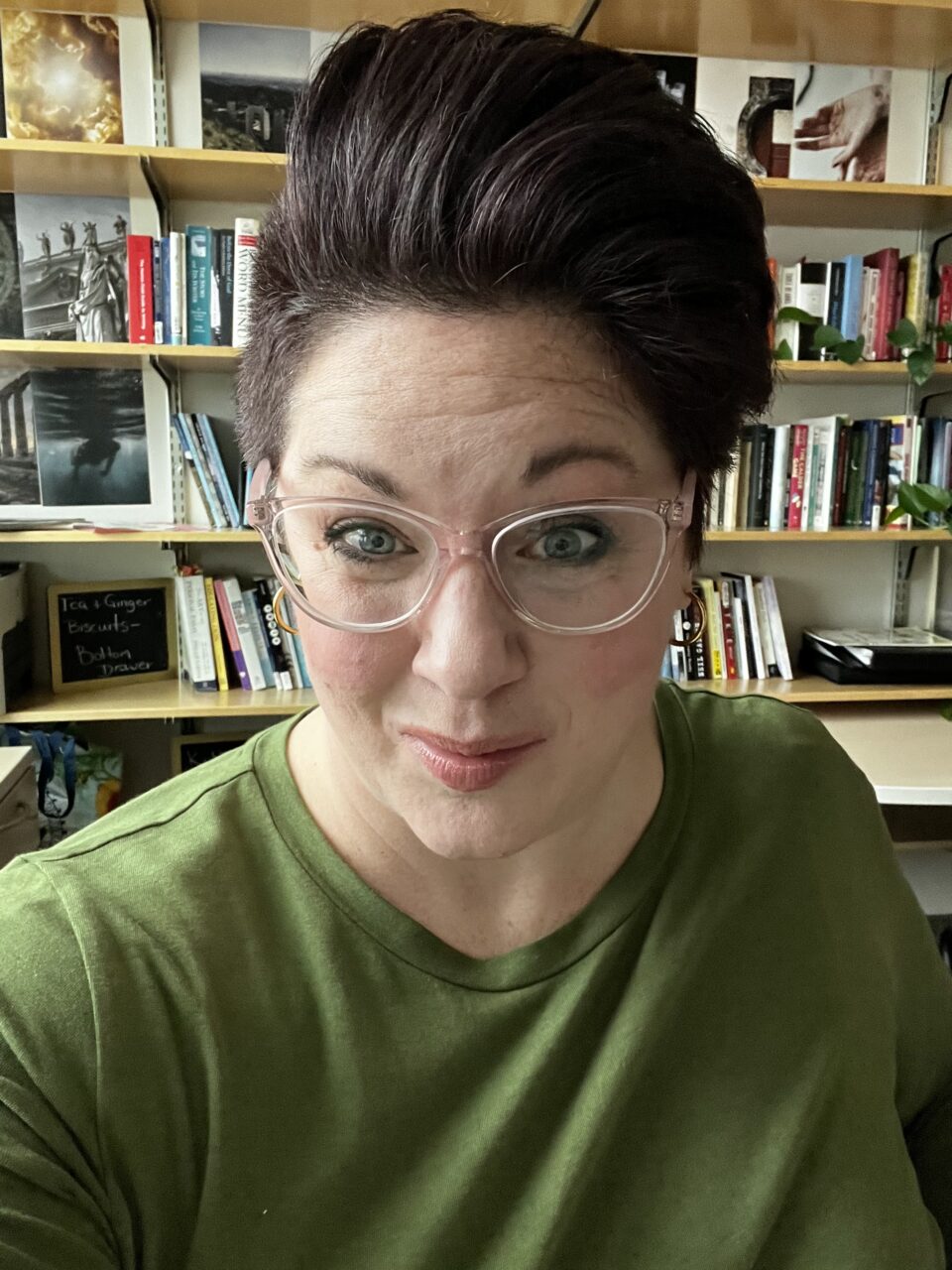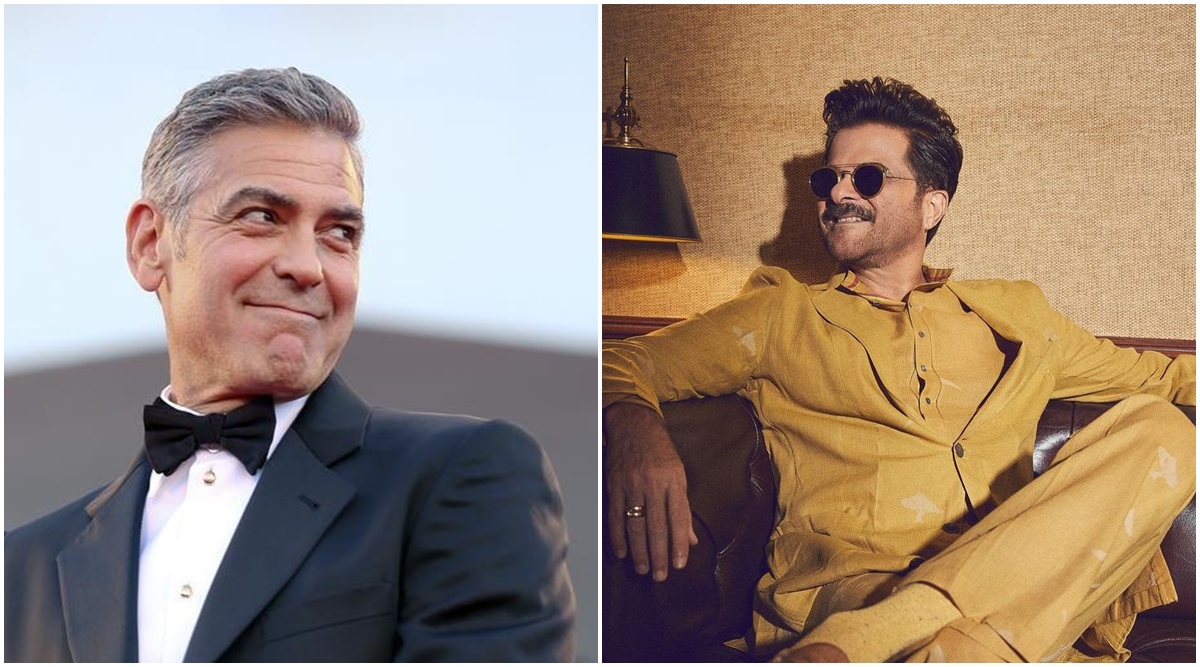Photo: Sohu.com
From looking at the stars to looking at the Earth from space, how far should human beings still go? What will be the difference between futuristic cities on Earth and Mars?
From Hollywood’s Interstellar to Netflix’s hit movie Don’t Look Up, more and more works now focus on extending topics about space from the perspective of human nature, philosophy, and even science. art.
Based on the cosmology of the three-body problem, China’s first science fiction talk show is intended to stimulate the domestic public’s interest in science fiction and the exploration of the universe. Co-hosted by acclaimed Chinese director Jia Zhangke and The Three-Body Problem series author Liu Cixin, the talk show is now simulcast on video platform Youku and aired on TV since July 18. production team to share their experience on this catchy variety show: Don’t Answer.
Guests from different walks of life will join the show to share their ideas about the universe, human beings and nature through their own professional perspective in the fields of science, humanity, culture and entertainment.
“People are reading The Three-Body Problem. It’s an inclusive work given its connotation and now the talk show is a chance for readers to share their insights into the universe, space and their relationship to people. human beings inspired by the trilogy,” Youku producer Yang Zhou told the Global Times, adding that “it’s a meaningful thing.”
sparks of thoughts
The first episode of the show, which takes its name from this great literary success, focuses on one of the most common topics in the exploration of the universe: the installation on Mars and its importance for the pursuit of human civilization. Meanwhile, guests from different professional backgrounds give their own estimation and share their knowledge about the universe.
For example, Jia Zhangke and Chinese artist Xu Bing gave a splendid review of space-inspired artwork, while Zhang Shuangnan, an astrophysicist from the Institute of High Energy Physics, gave his observations and ideas about his Antarctic expedition, inspiring the public to actively explore the frontiers of science and technology and seek endless possibilities for future development.
“After nearly three years of the COVID-19 pandemic, when people are a bit trapped, we want to inspire them with a hopeful subject like science fiction,” Yang noted, “and during the production process , we involved both technology and culture, which will be a bit of a challenge for the hosts to navigate the show.”
“Humanistic Care”
As ever-changing technologies change people’s daily lives, will humans be ready to embrace the change? The production team believes in the power hidden behind the answers and offered its first science, technology and humanities program on Youku.
“We need to express our observations and ideas in a broader way,” said Wang Xiaonan, director of Youku’s cultural channel. “Therefore, the program is an aid to explain the changes of science and technology on people’s lives from a more humanistic point of view. Thus, everyone will see that this program is full of humanistic care.”
Additionally, the show involves a robot that interacts with hosts and guests. Named Multivac, it is an homage to a fictional supercomputer appearing in over a dozen science fiction stories by American writer Isaac Asimov.
“We hope that in this way, the guests can enjoy the conversation, and the netizens can easily understand. This is our biggest goal. [of adding the robot]”Yang said.
“It feels like Jia and Liu are chatting around a fire. This atmosphere is actually like home,” said Wang Yutong, a researcher at the Chinese Academy of Social Sciences. “In Western science fiction, there is a very urgent tone to the discussion of the future of human beings. However, on this show, I can sense positivity.”
“It may be very small, but the show pushes and motivates more people to get involved in space exploration,” added Fei Dao, associate professor of Chinese department at Tsinghua University and science writer. -fiction.
 Universo Viviente
Universo Viviente



